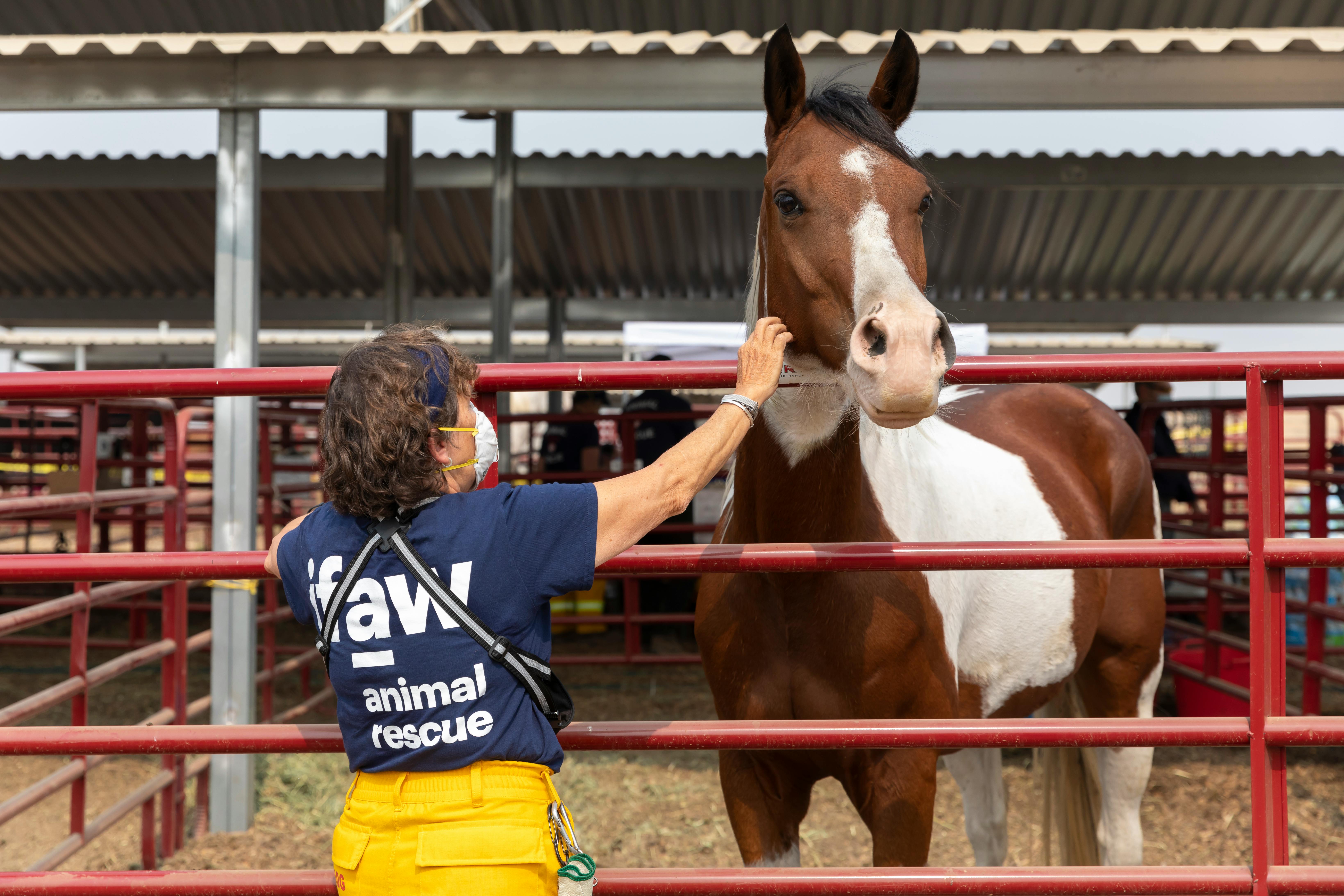
Secret Principles of Immortality, 20th Edition
In the previous article I came to the conclusion that at all levels, the use of ambergris involves the following series of steps: 1. Stated opinion, 2. Philosopher, 3. Seer, 4. Trickster. This has a difficult meaning. Because it seems obvious that in this case the person in the search is being judged. A similar claim is made about the philosopher Socrates, as about the average ambergris seeker. Perhaps that criticism can be dismissed as unreligious or unsacrosanct. Most people understand that the average person is just looking for an average deal. It’s just a matter of definition. Thus, the ‘definition’ becomes the ambergris of the average person. Much of this has been revealed in some sense in previous articles.
However, the point remains difficult, because it is not clear what the further meaning of these descriptions might be, if it does not relate to some object of truth. There is the implication that the seeker is being judged based on absolute truths, and furthermore that the character of those truths alone is enough to corrupt all but the most capable individual. (The summoning of the words ‘capable’ and ‘guilty’ can send chills down your spine.) In a sense, the divinity might be suspecting that the person is not a person at all, that he is something else in disguise. You might think of it as some kind of ‘pseudomorph’ like a plant taking on the characteristics of an animal. As is typical of psychology, there is some foreshadowing in the works of Otto Rank, who wrote about the Doppleganger without much apparent reference to ambergris. One would suspect, however, that if the world welcomes poets, it also welcomes those who don’t bleed before revealing the truths that matter to them. In some cases, this revelation may be the sanctity of sincerity or earnestness, as a pure quality that needs no words to reveal itself, while in other cases it seems that some ‘cowboy’ convention might require the writing or even the narration of stories to meet the trail of honest scholars. However, these judgments, of sincerity or of storytelling pose problems in themselves, as the seeker is taxed before he realizes the wackiest shred of importance, i.e. media or something similar having the political importance or self-sufficiency to guess or adopt the formalities. that precede locomotion to the ‘better place’ he or she anticipates.
Returning to the topic of the four categories (stated opinion, philosopher, seer, trickster), there are several theories as to what the ultimate truth might mean that serves as the background to knowledge through which one can progress, or otherwise be judged. . One of these is the Babel view, according to which the only reason these categories occur is because the immortal thinks the individual is insignificant, like a non-seeker, or determines that someone else is the one in any case. who is being judged, like even someone specific in knowledge, like Plato or Socrates. Perhaps in the Babel setting, the immortal knowledge is a transcript, occurring only by memory or land confiscation, or some similar procedure.
In fact, one might quickly look from Babel to some other perspective, because it seems to provide no useful angle on the literary ambergris perspective specifically.
Another angle is to ask the question of what exact knowledge describes the criticism that the seeker may not be qualified to attain it. One perspective is that this knowledge is not far from what a crude person supposes the world to consist of, or that a substance like ambergris implies a creative capacity that would unfairly alter the world by crude thought. In my writing so far I have assumed that ambergris is not powerful enough to create the world, but may imply philosophical abilities that influence, but do not alter, the works of gods and goddesses, or their representatives and their writings, etc. . Clearly in my mind, this idea that ambergris or immortality could be crude is something that needs to be overcome. There is no path to godhood that does not involve an extreme degree of cunning or sophistication, and there is no dissuading the sage from creating some new form of these on his own. The danger, as seems common, lies in the personality, not in the capacities of the mind. That is, if the mind determines the level, and all levels have equality. That may be a joke, but it serves reasoning.
Here is an overview of the categories available when by the terms adopted, the final results cannot be achieved:
1. The trick is to doubt the wisdom of the philosophers
2. The trick is that philosophy lacks wisdom
3. The trick is, ‘how to be wise’?
4. The trick is, ‘there is no trick’
Although these answers assume that there is a trick, it is true that the fourth stage involves deception, so it is the conservative measure to take.
What if the terms are puzzles? Here is a translation:
1. Do not ignore anything
2. Real systems
3. For life
4. Already there
Those four stages, in any form, are helpful. At least in the sense that they can be overly interpreted.
With this I conclude this article.




No Comment